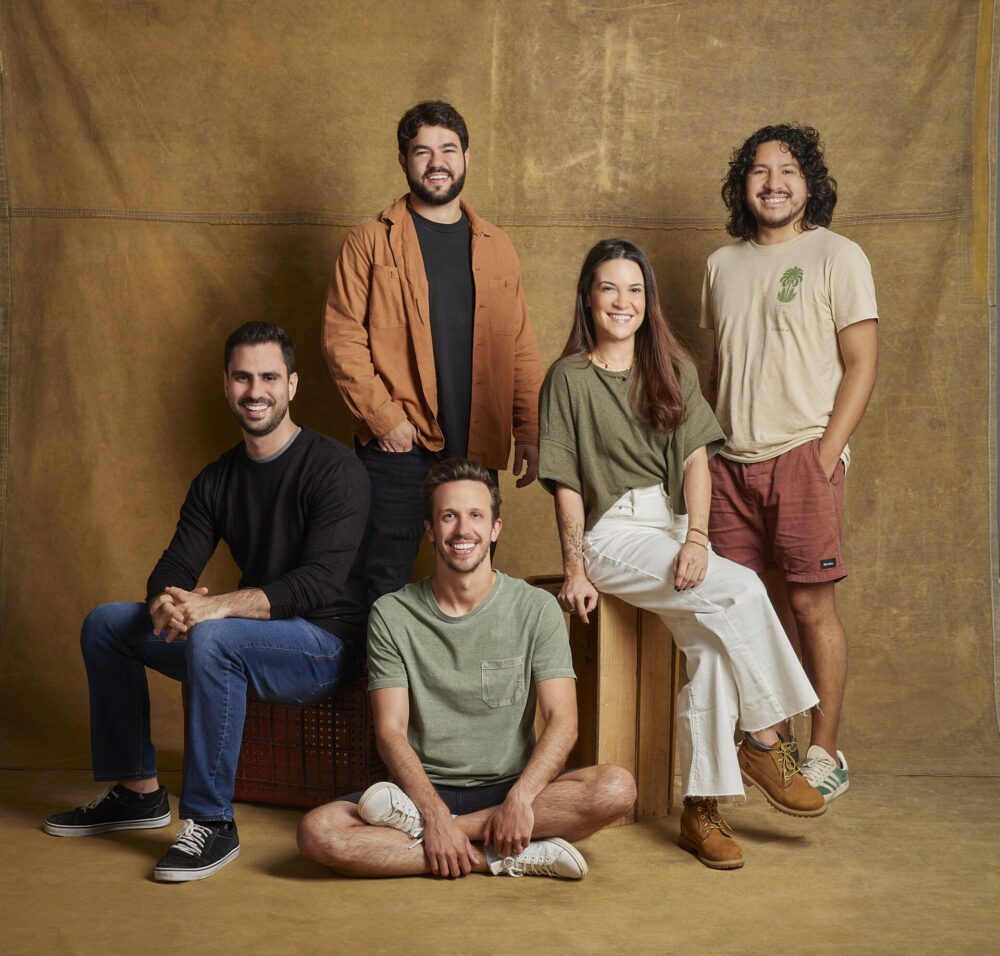- Brazil-based agribusiness marketplace Arado (formerly known as Clicampo) has raised $12 million in an oversubscribed Series A round.
- Acre Venture Partners led the round with participation from Syngenta Group Ventures and Globo Ventures as well as Maya Capital, Valor Capital and SP Ventures.
- Arado will use the new funding to expand its existing markets in Brazil and continue developing its technology offerings for farmers and retailers.
‘We are already addressing a big part of Brazil’
The Series A comes less than a year after Arado, founded in 2021 as Clicampo, raised a $7.5 million seed round.
At the time, the company was focused on expanding its digital agribusiness marketplace that connects small- to mid-size farmers in Latin America directly with restaurants and food retailers. Arado currently serves Belo Horizonte, Rio de Janeiro, Campinas and São Paulo.
The Series A round is about boosting Arado’s reach within these existing markets, founder and CEO Victor Bernardino tells AFN. This includes strengthening supply capacity by developing more production centers to serve these markets.
“We are already in the bigger cities of Brazil, so it’s not an expansion round, it’s much more a way for us to boost market share. The cities we are in [have] at least 30% of the Brazilian population. So, on the demand side, we are already addressing a big part of Brazil.”
He adds that in 2022, the company grew 30x.
Arado will also invest its Series A funds into developing its technology. In addition to its digital marketplace, Arado also offers prediction tools and inventory management tools for retailers and industrial kitchens.
A shared vision for Latin America’s farmers
Longer term, the vision is to build an entire ecosystem for small and medium farmers in Latin America that allows them to more easily sell their goods directly to customers.
“Whenever you go to a farm that has five to 20 acres, the first thing you notice is that the farmer knows how to plant very well because it’s a heritage [business] from his grandfather,” says Bernardino.
The problem, he adds, is that farmers have “no idea how to sell” their wares without going through a middleman, which drastically decreases farmers’ profits and increases food waste. With intermediaries controlling big swaths of the supply chain, these smaller farms only receive about 10% to 15% of the revenue from their products.
“When you take out intermediaries, you take out unnecessary profit being made by people that don’t bring benefits to the supply chain,” he says.
“The long-term vision is to tackle this problem first. Then we can use relationships [with direct customers] to make the whole P&L of a farmer much better.”
Acre Venture partner Alex Bondar says his firm has seen this more direct business model work in other emerging markets. “A lot of folks look at the Brazilian market as more of the export commodity market, but don’t realize how big the fresh fruit market is internally in the country.”
Arado’s technology aspect was also a factor in Acre Venture participating in the round.
“What Victor and the team have done is unique and really aligns with our vision of how that tech layer [can] solve for various obstacles that others haven’t been able to really address,” says Bondar. “As we think about our thesis, it’s really that size of opportunity, the fact that it’s proven out in other emerging markets, and the fact that you have a tech-native, tech-forward team.”
“It’s about [addressing] the trouble small and medium farmers have financially, and the impact that you can make in different lines of business in the future. The true problem that they have today that is commercialization,” says Bernardino.
‘Lean manufacturing 101’
A positive by-product of cutting out the middleman is eradicating much of the food waste that happens in the supply chain.
“When you have a much more designed, planned supply chain, you have less waste,” says Bernardino. “It’s like lean manufacturing 101: If you have a food system in which you can forecast and plan ahead, and where you don’t have intermediaries, then you don’t have shrinkage in the middle of the process and you don’t have waste.”
He adds: “Shelf life in the fresh food supply chain is very low. If you have intermediaries, you have a lot of waste from harvest to the clients. The studies we know say about 40% of food is not going into the market. We are already doing 10 times better in our supply chain, but we think we can go even beyond that by investing heavily in the technology side of the supply chain.”
Startups in the Agribusiness Marketplaces & Fintech category raised $1.8 billion in 2022, according to AgFunder’s latest global investment report. [Disclosure: AFN’s parent company is AgFunder]
While still a small part of upstream technologies, these startups are especially important for emerging markets and developing countries including many parts of Asia as well as Latin America.





